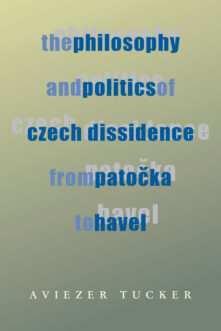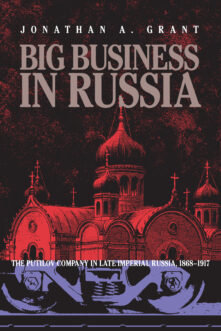Search Results
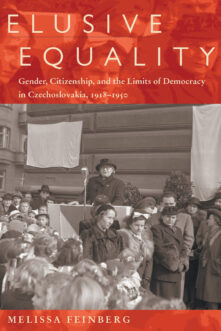
Elusive Equality
Gender, Citizenship, and the Limits of Democracy in Czechoslovokia, 1918-1950
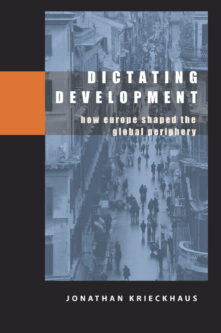
Dictating Development
How Europe Shaped the Global Periphery
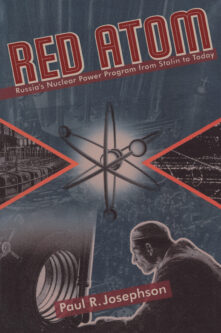
Red Atom
Russias Nuclear Power Program From Stalin To Today
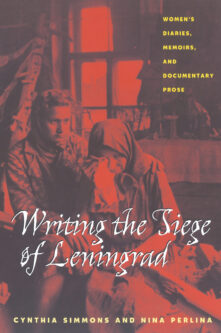
Writing the Siege of Leningrad
Womens Diaries Memoirs and Documentary Prose
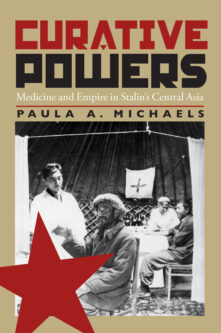
Curative Powers
Medicine and Empire in Stalin’s Central Asia
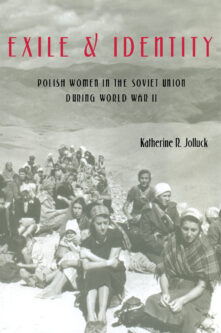
Exile and Identity
Polish Women in the Soviet Union during World War II
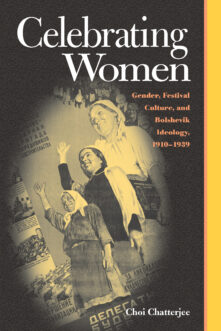
Celebrating Women
Gender Festival Culture & Bolshevik Ideology 1910-1939
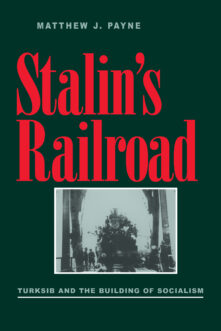
Stalin’s Railroad
Turksib and the Building of Socialism
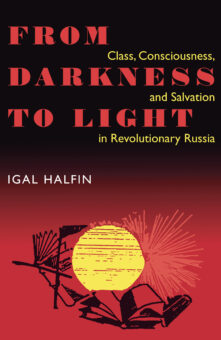
From Darkness To Light
Class, Consciousness, & Salvation In Revolutionary
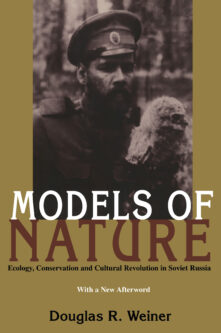
Models Of Nature
Ecology, Conservation, and Cultural Revolution in Soviet Russia
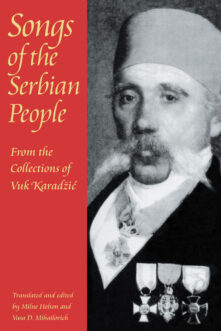
Songs of the Serbian People
From the Collections of Vuk Karadzic
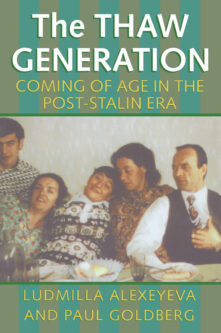
The Thaw Generation
Coming of Age in the Post-Stalin Era
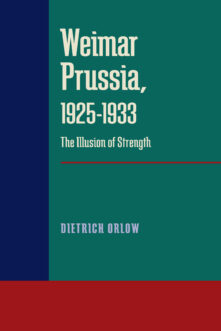
Weimar Prussia, 1925–1933
The Illusion of Strength
Your search for "Urban Rivers : Re-making Rivers, Cities and Space in Europe and North America" returned 644 results


